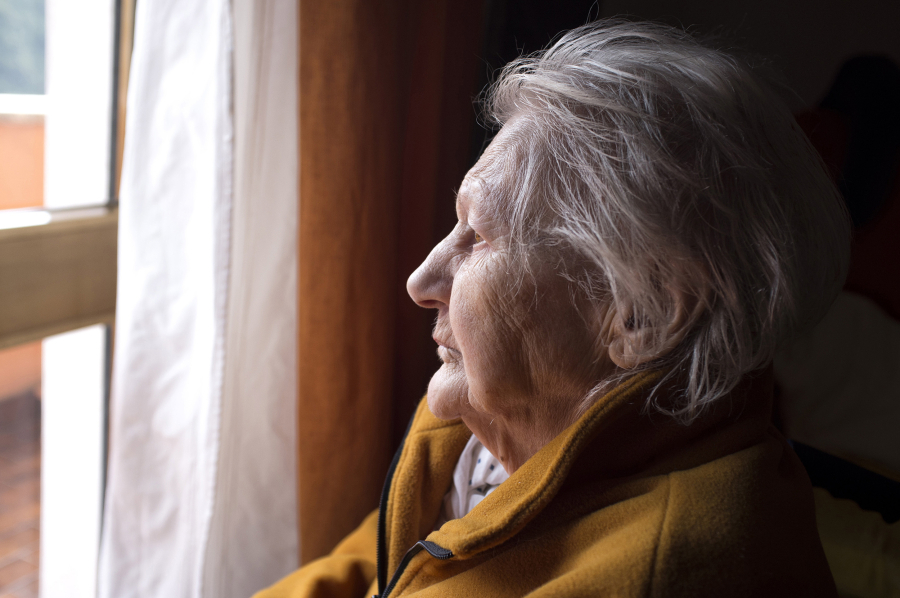The brother and sister, both unmarried, childless and in their 80s, had been fending for themselves in their Vernon Hills, Ill., home: avoiding neighbors, ordering groceries, skipping doctors’ appointments.
“They lived in a home that was like something out of the reality show ‘Hoarders,’ ” said professional patient advocate Teri Dreher, who was called in by a local hospital after the brother fell down the stairs, fracturing some ribs.
“They had five to six years of newspapers and magazines, they were paranoid, they had neighbors who were trying to have them sign papers (giving up) control of their finances.”
Sometimes called elder orphans, seniors with no relatives available to help them manage aging and illness are a large and likely growing group, according to Dr. Maria Torroella Carney, chief of geriatrics and palliative medicine at Northwell Health in New Hyde Park, N.Y. Roughly 22 percent of adults over the age of 65 are elder orphans or are at risk of becoming elder orphans because they don’t have spouses, children, or siblings who live nearby, according to an analysis by Carney and three co-authors that was presented at the American Geriatrics Society’s 2015 annual meeting.
“We’re seeing these individuals, they’re right under our noses, we just are not necessarily alert to them,” Carney said.
“Maybe that’s where we can start improving things: We can have the awareness and try to bring in family members that are available to be more involved. Let’s educate patients that we see as physicians that might be elder orphans, while they have their independence, about how are you going to deal with living in the community for as long as possible?”
Almost 19 percent of women ages 40 to 44 are childless, as compared to about 10 percent in 1980, according to U.S. census data quoted in Carney’s presentation. And a third of Americans ages 45 to 63 are single, an increase of 50 percent since 1980.
That could leave more of us without ready access to family support as we age.
Cook County Public Guardian Robert Harris said an increasing number of elderly people with cognitive disabilities need guardians to handle their financial assets, and private agencies have been cropping up to fill the need. His office provides guardianship to 650 people with cognitive disabilities, most of them elderly.
Harris recommends drawing up a will, an advance directive and power of attorney documents while you’re still in good health, so that your wishes are clear and someone else can make decisions on your behalf, should that become necessary.
“If you don’t have children or relatives, you can name a really good friend, or you can set up a bank or some other institution as a fiduciary to take care of you,” he said.
Carney said her 22 percent figure for elder orphans is only an estimate, based on the University of Michigan’s Health and Retirement Study. More work is needed, she said, both to ascertain the number of older Americans at risk, and to develop strategic plans for the hospitals, government health agencies and private nonprofits involved in their care.
Elder orphans are at higher risk for isolation, depression, not following up with doctors’ treatment recommendations and being readmitted after a hospitalization, Carney said.
She’d like to see interdisciplinary teams with medical professionals and social workers act as resources for doctors treating elder orphans; the teams could do comprehensive assessments and link patients with the services they need to stay independent.
As for the brother and sister in Vernon Hills, by the time Dreher, owner of North Shore Patient Advocates in Chicago, was sent in to do an assessment, both had diabetes and showed signs of early dementia. The sister’s ankles were swollen to three times their normal size, likely from congestive heart failure.
Neither sibling ever married or had children, but the brother had done well in the stock market, and had money to pay for good care.
“We had to call Catholic Charities and get a court-appointed guardian for them,” Dreher said.
“They ended up moving into a nice assisted living facility (and) they did quite well.”



